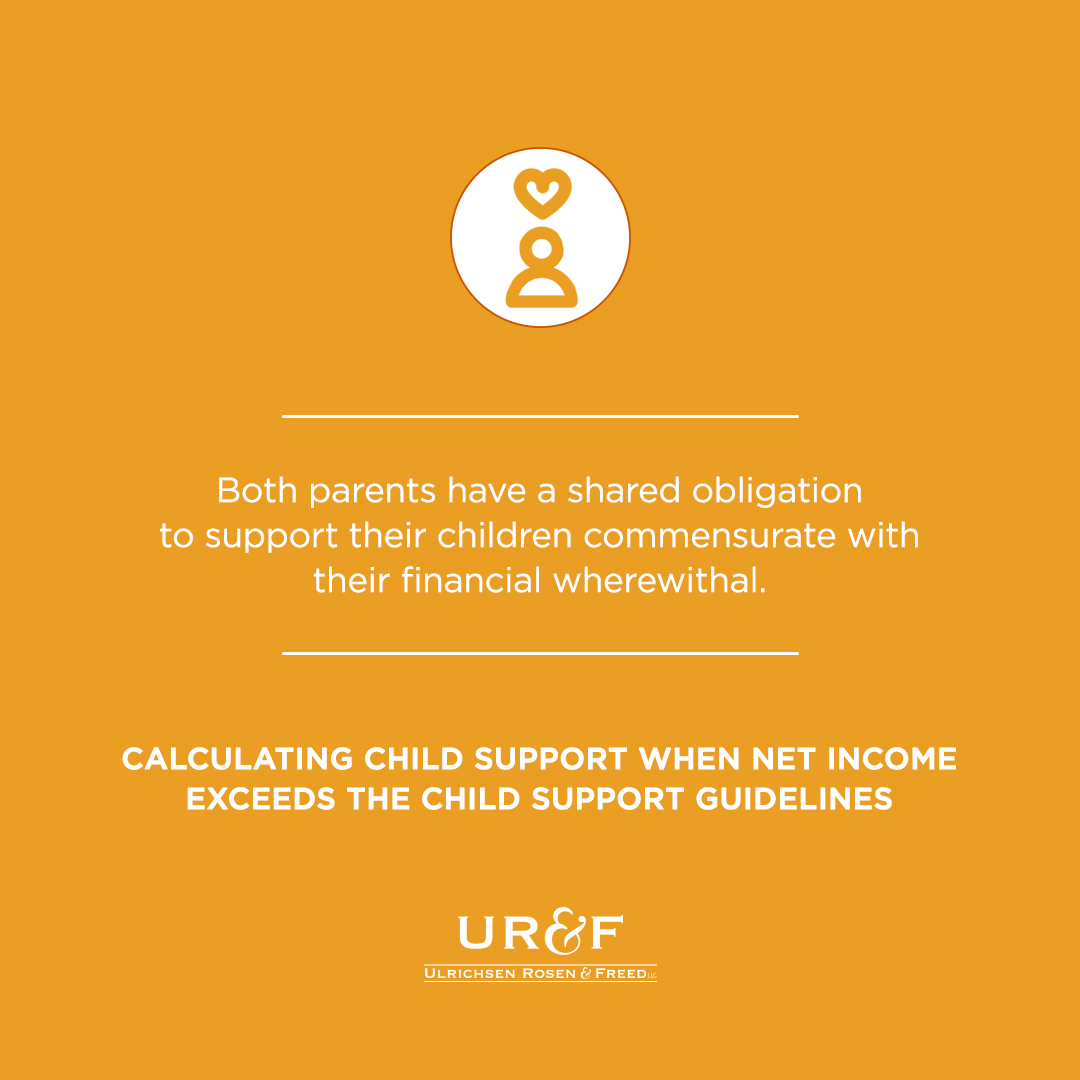Calculating Child Support When Net Income Exceeds The Child Support Guidelines
When calculating child support obligations in New Jersey, courts must utilize the child support guidelines. These guidelines were developed in order to provide courts with economic information to assist in the establishment and modification of fair and adequate child support awards. The premise of these guidelines is that: (1) child support is a continuous duty of both parents; (2) children are entitled to share in the current income of both parents; and (3) children should not be the economic victims of divorce.
Both parents have a shared obligation to support their children commensurate with their financial wherewithal. Our courts have recognized children from high-income families are entitled to not only bare necessities, but also additional financial support that allows the child to share the benefit of his or her parent’s financial achievement. Thus, in situations where the combined net income of the parents exceeds $187,200 per year, the court shall first apply the child support guidelines up to $187,200 and then supplement the guidelines based award with a discretionary amount based on the remaining family income (i.e., income in excess of $187,200) and the factors specified in N.J.S.A. 2A:34–23. Thus, the maximum guidelines award represents the minimum child support award for families with net incomes of more than $187,200 per year. The court shall not extrapolate the guidelines for the purposes of calculating the supplemental portion but rather uniquely tailor it based on the financial circumstances of each matter and the specific needs of the children involved.
To tailor the child support obligation, it is necessary to create a budget specifically for the child’s expenses and determine the child’s reasonable needs.
If you have questions about child support or any other family law related issue, please contact our firm. Ulrichsen Rosen & Freed LLC is focused exclusively on the practice of family law and serves clients throughout New Jersey including clients residing in Mercer County, Somerset County, Hunterdon County, Burlington County and Middlesex County.


